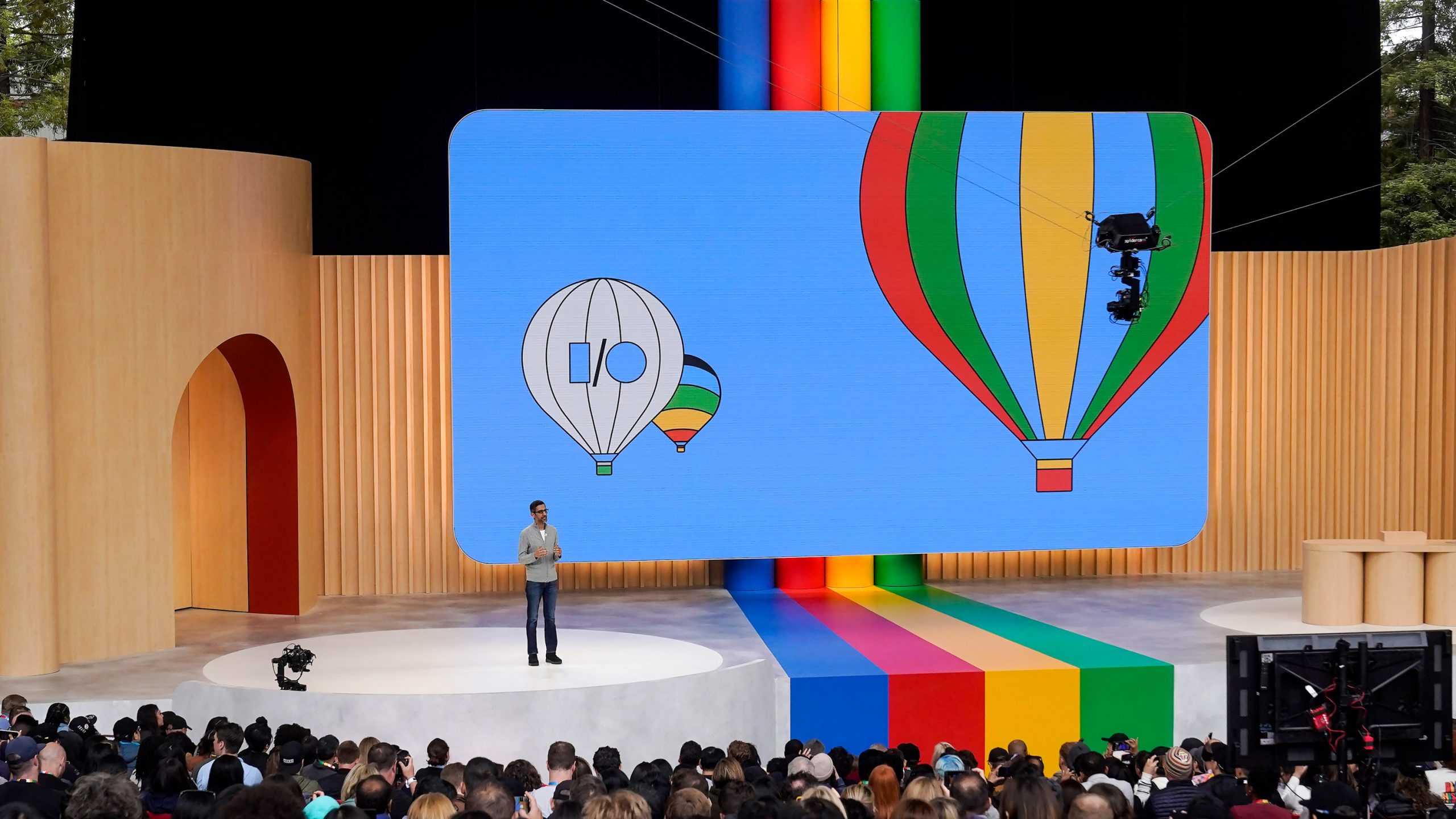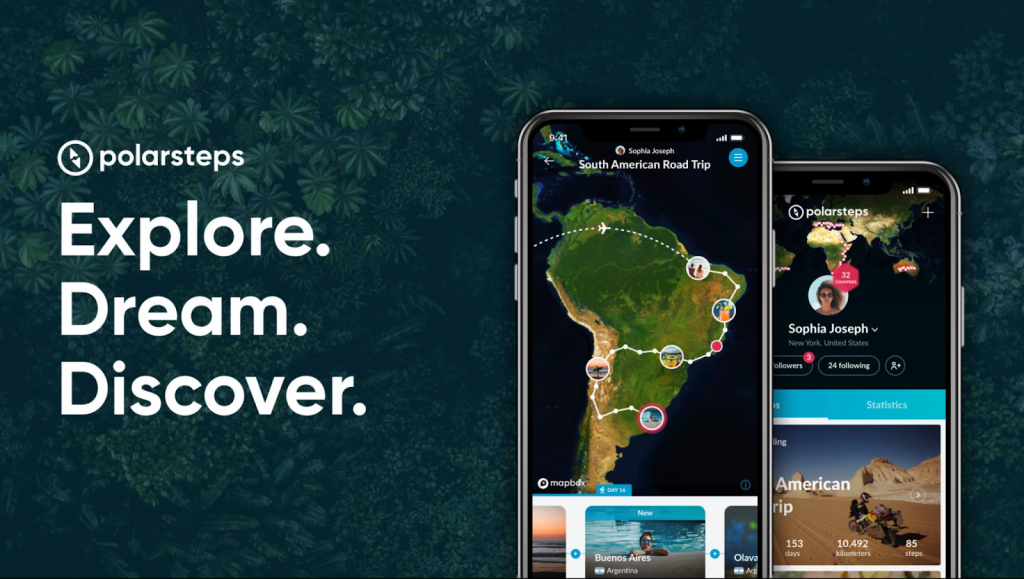Google recently hosted its annual I/O Developer Conference in California, which is the company’s opportunity to showcase what’s coming up in their array of technological offerings. Google apps and infrastructure has become a mainstay for both business and personal use and the I/O Conference is an excellent preview of what’s to come, and more importantly, Google’s own priorities in the near future. This year’s conference, as expected, was dominated by Artificial Intelligence technology as Google pushes forward strongly, with its own Gemini platform and more integration of AI in existing apps and technology. Machine learning and AI technology has reached in just about every industry but this year’s conference made frequent mention of the travel industry and the positive impact that AI can have on that business. Google, itself, is a major player in travel as a major marketer and aggregator of travel products and services and the push to drive business in that category will translate to more ‘travel dollars’ headed in Google’s direction.

AI Technology Goes Personal
AI was the dominant topic at I/O this year with Google set to revamp the entire AI experience for users. Google recently rolled out AI Mode in the United States and the feature is directly integrated into the company’s recognizable search control tabs. Activating AI Mode launches a larger text field window and enables users to ask longer and more complex questions. Another consumer facing technology from the tech giant is Agentic AI, technology that can take action on the user’s behalf. Agentic AI can deliver user facing services such as price watch alerts after cart abandonment or real time price comparisons during the product or service research. Connection between all Google apps, such as Gmail and Maps, is aimed to increase personalization of AI based search results and queries, in an effort to elevate the user’s experience when interacting with the technology.
Next Generation Translation Technology
The Google Translate app and functionality is a mainstay feature in the travel world and the tech company is taking functionality to the next level by delivering real time translations through Google Meet. Currently available for English to Spanish and vice versa translations, the technology can pick up language and instantly translate back to the receiving language as the user speaks. The practicality of this feature in the travel world is immeasurable and Google used a travel example when showing off the functionality at I/O. As Google expands language functionality, look for Google Meet to become the go to mobile app for both leisure and business travelers.
Travel Industry Benefits from Advances in Gemeni
One of the advanced capabilities of machine learning is image recognition and Google is ramping up features of their flagship Gemini technology that is sure to bring benefits to the travel industry. Gemini Live adds camera and screen share functionality so users can simply take a photo or share an image and get full details of the subject object. Imagine being able to take a picture of a historical site or cultural destination and receiving a full and detailed tour-guide style dossier on the subject. Google’s Glass is no more but the company has partnered with other eyewear makers to deploy Android XR, bringing camera, microphone and search engine functionality to glasses. Google’s proposed connectivity among different apps in the hopes of personalized experiences can benefit travel consumers as preferences are identified and search results optimized for those individual preferences.
AI Dominates Google I/O 2025
The term AI was mentioned 92 times in just the keynote address alone, suggesting Google has big plans and big priorities for AI and machine learning based technology for their current and upcoming portfolio of services. Improvements to their core AI platform, Gemini include additional features, enhanced integrations and faster deployment in an effort to make services more available and more mainstream. The features and benefits of the technology translate well in the travel industry and the category was a dominant topic at this year’s I/O conference. AI continues to make inroads into the business as more travel consumers turn to AI technology for travel research, planning and purchasing. AI technology has proven to be a positive asset on travel operations for both consumer facing technologies and backend operational infrastructure as the industry will always embrace new innovations that improve experiences and streamline the business. Google’s investment into AI is a priority which will benefit the travel market as better and faster technology comes to the mainstream.

